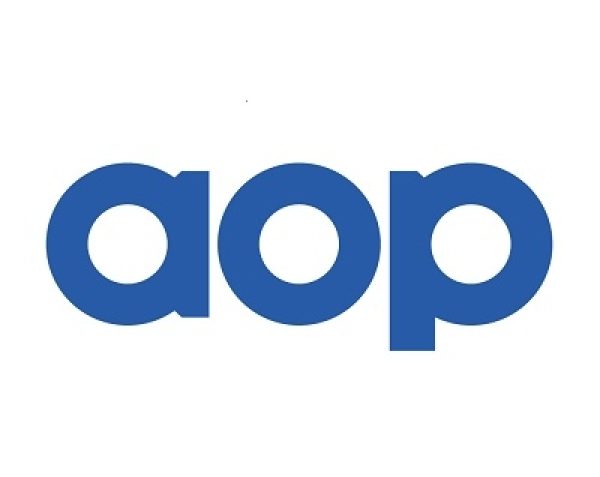
We need agency and advertiser allies in our battle against publisher IP theft
Published: 22 May 2023
In the weeks since we called out the unacceptable theft of publisher IP in our Open Letter, we’ve been heartened by the whirlwind of press coverage and discussion spurred. Now we need to keep up the momentum, which means unifying our voices to stamp out this practice for good. However, there’s one group from which I’d welcome more input — the very people the letter was addressed to: agencies and advertisers.
The Open Letter condemned the practice of unauthorised data scraping by technology vendors selling contextual advertising solutions. This followed the discovery that bots installed to facilitate brand safety tools were harvesting metadata and article text to build contextual audiences – a practice beyond the scope of contractual terms. Other vendors simply scrape the open web, but regardless of how the data is acquired, intellectual property that only publishers have the right to profit from is being monetised by intermediaries.
What’s been the buzz around the Open Letter?
A common thread in response to the Open Letter has been whether publishers have any weight behind their plea, as buyers may simply prefer to source contextual solutions from vendors that are already established in the programmatic supply chain. Would restricting these vendors not drive revenues away? The answer is no – given that “block all news” prevails in content verification, this argument overestimates the revenues flowing to publishers via such vendors in the first place.
Moreover, the idea that only established intermediaries can be trusted with the task of audience building is based on outdated perceptions of publisher data maturity. Publishers have led the charge on first-party data collection and activation for many years and the quality of their audience platforms supersedes any concern over the sell-side “marking its own homework”. Rather than assume vendors have all the answers, is this not the perfect time to explore the transparent, first-party solutions provided by publishers?
The contextual segments offered by vendors are often at odds with how publishers themselves would classify their audiences or categorise their content, or are generated from signals such as emotion that many publishers simply are not comfortable with. It would seem sensible to trust contextual data built by publishers themselves, curated by those who understand the domain and the audience in intimate detail, rather than the aggregated assumptions made by machine learning models with no attachment to the property.
This is why the discussion about who has the right to collect and activate data should be of interest to, and supported by, agencies and advertisers. Any shift in the supply chain that promises superior quality and reliability of audience data and contextual segments is a boon to those seeking to buy against them.
What can agencies and advertisers to do help?
No agency or advertiser is forced by necessity to use a particular contextual advertising solution. Agencies and advertisers are well within their rights to interrogate the data collection practices of the vendors in their supply chain, and reward those that are fairly compensating publishers by voting with their wallets. Encouragingly, we are seeing more vendors emerging that either compensate publishers for the use of their data or work in partnership with them to build addressable audiences on their behalf.
One such vendor is British technology company Illuma, which has signed an agreement with The Guardian to categorise its articles pages for contextual advertising purposes while protecting its intellectual property rights. This is a welcome example of publishers and vendors working together to provide a solution that benefits buy-side, sell-side, and intermediaries alike, and it’s been encouraging to hear of the number of other, similar discussions taking place off the back of this news.
Of course, contextual vendors are hardly shouting from the rooftops to advertise the fact their tools are fed unauthorised data. To help buyers and agencies differentiate between legitimate and illegitimate data use, the Trustworthy Accountability Group (TAG) has updated their Brand Safety Certification to exclude those involved in unsanctioned IP collection, effective from 1st January 2023.
Are we any closer to legislation on data scraping?
We are also increasingly aware — as alarm bells also ring around the data provenance of generative AI engines — that data scraping for contextual models is just one part of a many-headed hydra of machine learning models feeding off the generosity of the open web. We are continuing to pay close attention to the Getty Images versus Stability AI case, as every legal precedent in favour of IP owners against unauthorised data use will build the case for more widespread regulation.
But the unavoidable truth is that legislative and regulatory processes, by their nature, move slowly. Markets, however, can move fast, and buyers can begin exerting pressure on their contextual vendors right now.
If demand for contextual audiences assembled from unauthorised scraped data dries up, we can begin making progress towards an equitable data ecosystem ahead of any legal or regulatory action (which will also certainly be required). But that depends on buyers doing their due diligence and spending ethically. It also depends on buyers being made aware of the issue in the first place, which is why the AOP continues to bang the drum on data scraping until no one can claim they haven’t heard about it.
I ask our members, and anyone else invested in the future of the open web, to join us in spreading the word. I’m particularly keen to see agencies and advertisers continue to speak up, as the buy-side has the potential to be a powerful ally in our fight against publisher IP theft, and are best equipped to exert effective market pressure on those responsible.
For further information, I highly recommend you take a listen to AdExchanger’s podcast on the topic (here), or check out this article by The Media Leader.
Categories: AOP News | Voice of the Premium Publisher
